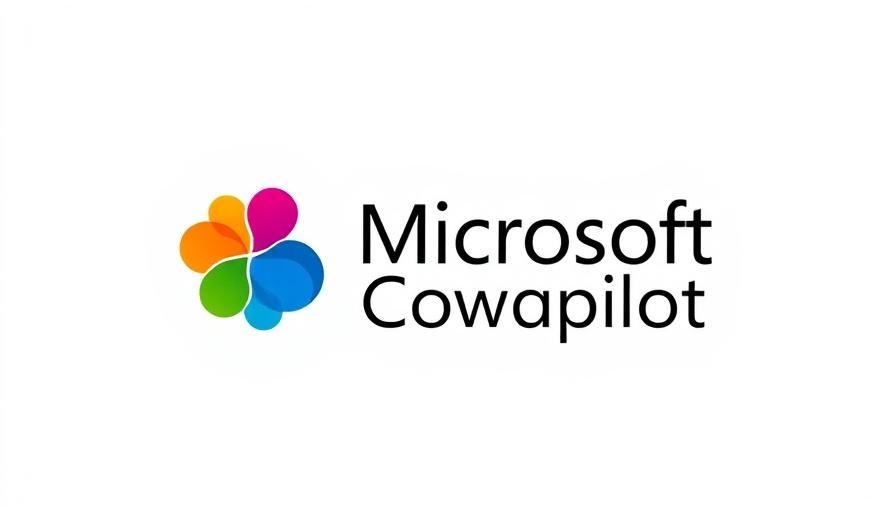
Revolutionizing Healthcare: The Introduction of Dragon Copilot
Microsoft has made a significant leap in healthcare technology with the introduction of Dragon Copilot, an AI tool aimed at easing the administrative burden that weighs heavily on clinicians. With healthcare professionals reportedly spending up to 28 hours a week on paperwork, according to a study by Google Cloud and The Harris Poll, the launch of this tool could not come at a better time. Microsoft’s approach reflects a growing recognition of the critical need for technologies that allow healthcare providers more time to focus on patient care rather than cumbersome administrative tasks.
Addressing the Overwhelm of Administrative Tasks
Clinicians often find themselves bogged down by paperwork that detracts from their primary goal: to care for patients. “No one becomes a clinician to do paperwork,” stated Microsoft CEO Satya Nadella during the launch of Dragon Copilot, underlining a prevalent sentiment in the healthcare community.
With AI capabilities, Dragon Copilot promises to automate tedious tasks such as drafting clinical notes and referral letters, and summarizing patient visits, allowing healthcare professionals to redirect their attention back to patient-oriented duties. The pressure from administrative work contributes significantly to clinician burnout, a reality echoed in research highlighting that up to 82% of clinicians experience burnout largely due to overwhelming paperwork.
The Impact of AI on Reducing Clinician Burnout
In a similar vein, Cedars-Sinai Medical Center has been exploring AI solutions such as the Aiva Nurse Assistant, which enables nurses to document care in real time using voice commands. This tool is designed specifically to address the increasing burden of documentation that can consume up to 40% of a nurse’s shift. It emphasizes the collective movement within the healthcare sector toward adopting AI solutions that streamline workloads and enhance staff well-being.
The common thread among these initiatives is a commitment to reducing the administrative strain on healthcare workers through the application of intelligent systems. AI offers the promise of less paperwork and therefore, potentially more time for direct patient interaction, leading to improved outcomes for both clinicians and patients.
Why Voice AI is a Game Changer
The Dragon Copilot operates on several advanced features, including multilanguage ambient note creation and personalized text formatting, while enabling clinicians to engage with it through natural language dictation. This allows doctors to record patient assessments and care plans seamlessly without the usual distractions of administrative duties. The technology is indicative of a trend toward voice-activated and AI-driven solutions that facilitate documentation, alerting the industry to a shifting focus on user experience and efficiency.
Comparative Analysis of Healthcare AI Tools
While both Dragon Copilot and Aiva Nurse Assistant represent significant advancements in AI for healthcare, they serve different roles within the clinical environment. Dragon Copilot aims for a broad application across various healthcare practices, while Aiva focuses on the nursing segment specifically. As reported by healthcare technology experts, there is a positive outlook on these AI-driven solutions, with 91% of healthcare providers acknowledging AI's potential to alleviate paperwork.
Such innovations not only improve operational efficiencies but can lead to better clinical outcomes as a result of clinicians having more time to dedicate to patient care.
Future Predictions: The Role of AI in Healthcare
As we look to the future, it is likely that AI tools such as Dragon Copilot will become essential in every medical practice. With the increasing adoption of AI in healthcare, the transition may soon pave the way for a more patient-centered healthcare ecosystem. Experts project that the integration of robust AI tools will lead to significant improvements in clinician satisfaction, a reduction in burnout, and enhanced patient care.
Moreover, companies like Microsoft, alongside the commitment of healthcare professionals to embrace these technologies, signal a reinvention of traditional healthcare dynamics as they adapt to technological advancements.
Call to Action
As technological advancements continue to reshape the healthcare landscape, it is crucial for healthcare professionals to engage with emerging AI tools like Dragon Copilot. By staying informed and open to adopting these innovations, clinicians can greatly enhance their practice and ultimately, the care they provide to their patients. Now is the time to embrace these changes that promise to revolutionize the healthcare industry for the better.
 Add Row
Add Row  Add
Add 




 Add Row
Add Row  Add
Add 

Write A Comment